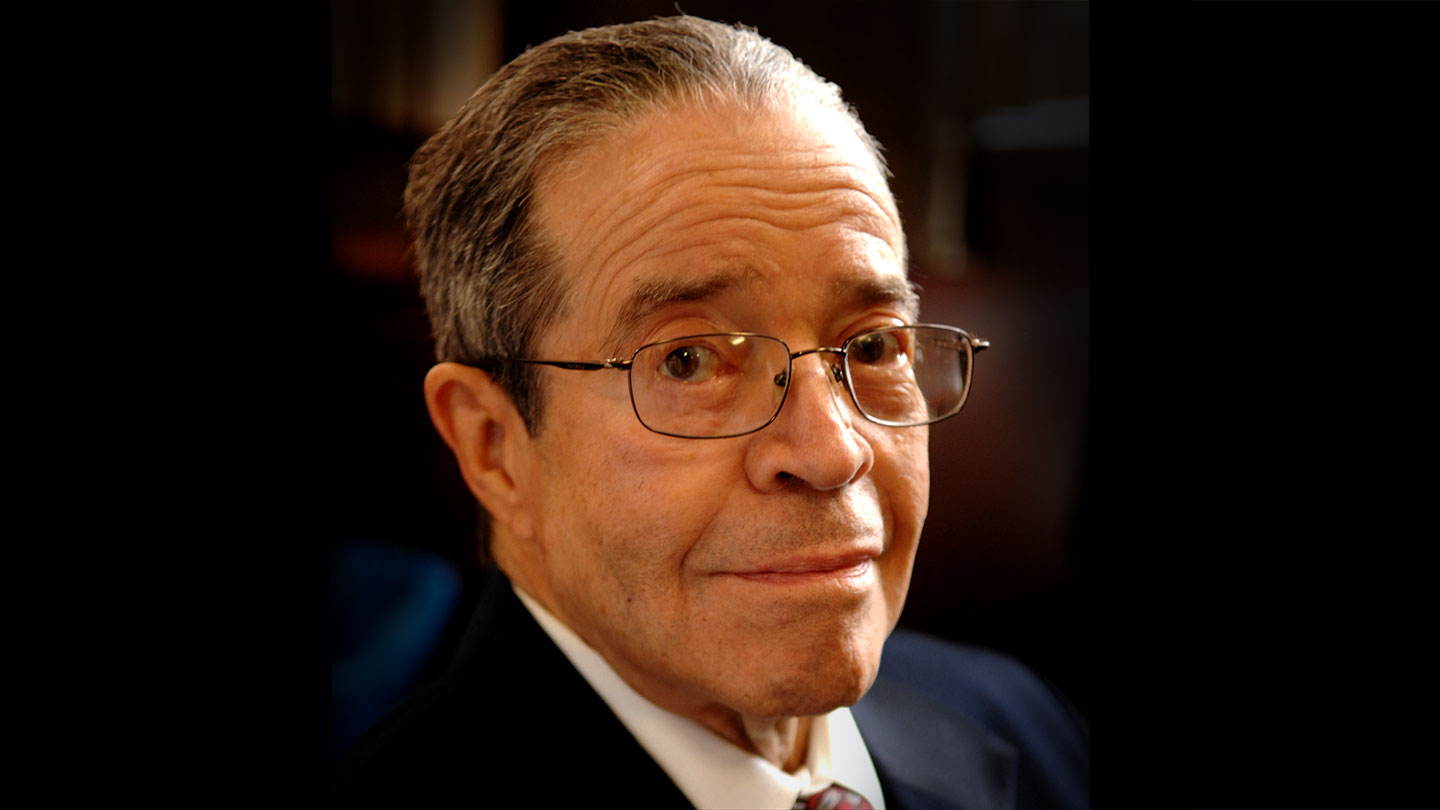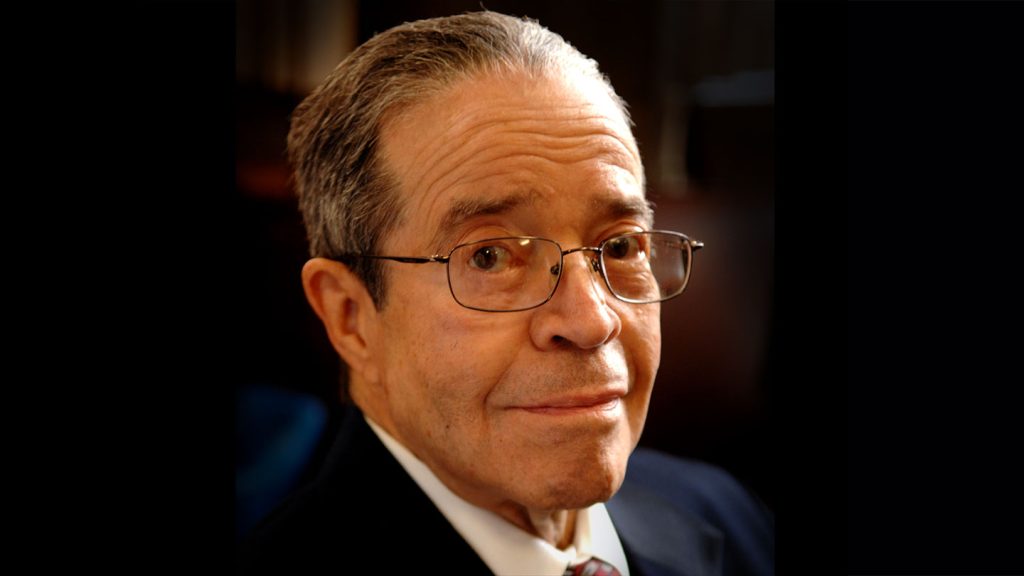

Jesse Ernest Wilkins Jr
Jesse Ernest Wilkins Jr. was a mathematician, physicist, and civil rights leader who had a significant impact on the fields of science and education. Born in 1919, Wilkins was a child prodigy who went on to earn degrees from several prestigious universities, including the University of Chicago and the University of Michigan. He became a leading figure in the field of mathematical physics, making important contributions to the study of quantum mechanics and relativity. He also worked to desegregate schools and universities in the United States, and he was a founding member of the National Society of Black Physicists.
Age & Place of Birth
Jesse Ernest Wilkins Jr. was born on October 27, 1919, in Chicago, Illinois. His father, Jesse Ernest Wilkins Sr., was a prominent figure in the Chicago community, working as a lawyer and civil rights leader. His mother, Elsie Ann Reed Wilkins, was a schoolteacher. As a child, Wilkins displayed an exceptional aptitude for mathematics and science, and he was able to skip several grades in school. By the age of 14, he had already completed high school and was attending the University of Chicago.
Childhood Story
Growing up, Jesse Ernest Wilkins Jr. faced many challenges due to his race and socioeconomic status. As a young African-American boy in the early 20th century, he experienced racial discrimination and segregation on a daily basis. However, he was determined to overcome these obstacles and succeed in life. With the support of his parents, Wilkins was able to excel in school and pursue his love of mathematics and science. He also developed a strong sense of justice and a desire to fight for equality for all people. These experiences would shape his future work as a scientist and activist.
Family Background
Jesse Ernest Wilkins Jr. came from a family with a long tradition of educational and social achievement. His father, Jesse Ernest Wilkins Sr., was a lawyer and civil rights leader who had been a member of the Niagara Movement, a precursor to the NAACP. His mother, Elsie Ann Reed Wilkins, was a schoolteacher who encouraged her children to pursue higher education. In addition, several of Wilkins’ uncles were college-educated and held prominent positions in their communities. This strong family tradition of education and social engagement would inspire Wilkins to pursue his own path in life.
Educational Background
Jesse Ernest Wilkins Jr. received his early education in the Chicago public school system. As a young child, he showed a strong aptitude for math and science. At the age of 14, he entered the University of Chicago, where he studied mathematics and physics. He completed his bachelor’s degree in 1939, and he was awarded a fellowship to continue his studies at the University of Michigan. In 1943, he became the first African-American person to earn a doctorate in mathematics from the University of Michigan. Throughout his academic career, Wilkins was committed to promoting the education of African-American students.
Qualifications
Here is a list of some of Jesse Ernest Wilkins Jr.’s professional achievements:
- He worked as a mathematician and physicist for the United States Army during World War II.
- He was a faculty member at the Tuskegee Institute and Fisk University.
- He was a professor of mathematics at the University of Michigan.
- He was the first African-American person to be employed by the Jet Propulsion Laboratory.
- He was the first African-American to serve as chairman of the mathematics department at the University of California, Los Angeles.
Wife & Kids
In 1955, Jesse Ernest Wilkins Jr. married Helen Manning, a social worker and fellow civil rights activist. The couple had two daughters, Eileen and Ann. Wilkins was a devoted husband and father, and he always stressed the importance of family to his students and colleagues. In addition to his professional and family life, Wilkins was also an active member of his community. He served on the board of directors of the NAACP and was a member of the Urban League. He also served on the board of directors of the Boy Scouts of America and the National Conference of Christians and Jews.
Ethnicity
Jesse Ernest Wilkins Jr. was of African-American descent. His ancestors were slaves who were brought to the United States from West Africa. Wilkins’ parents were both born in the American South and faced many of the challenges that were common for African-American families at that time. Despite these challenges, Wilkins’ family placed a high value on education and achievement. Wilkins would go on to use his own experience to inspire and educate the next generation of African-American students. Throughout his life, he was a strong advocate for racial equality and social justice.
His Favorite Things
Jesse Ernest Wilkins Jr. had many interests and hobbies outside of his work and family life. He was an avid reader and enjoyed spending time in the library. He also loved music and played the violin and the piano. Wilkins was a dedicated athlete and enjoyed playing tennis and golf. He also had a love of nature and spent many weekends hiking and camping with his family. Wilkins believed that his hobbies and interests helped to enrich his life and make him a more well-rounded person. He encouraged others to find their own passions and pursue them with dedication and enthusiasm.
Occupation
For much of his career, Jesse Ernest Wilkins Jr. was a professor of mathematics at various universities. He started his career as an instructor at Fisk University in Nashville, Tennessee. In 1948, he moved to California to become an assistant professor at UCLA. In 1952, he was promoted to associate professor and in 1958 he was made a full professor. In addition to his work as a professor, Wilkins also served as a research consultant for several companies, including IBM and the RAND Corporation. He also served as a fellow at the Center for Advanced Study in the Behavioral Sciences at Stanford University.
Accomplishment
In addition to his work to desegregate UCLA, Jesse Ernest Wilkins Jr. made several other important contributions to the field of mathematics. He is credited with developing new methods for solving partial differential equations, which are used in many fields, including physics, engineering, and computer science. He also made important contributions to the theory of orthogonal polynomials, which are used in statistics and probability theory. Wilkins’ work was widely respected, and he received many awards and honors during his career. In 1970, he was elected to the National Academy of Sciences, one of the highest honors in the field of science.
Achievement
One of Jesse Ernest Wilkins Jr.’s greatest achievements was his work to desegregate the University of California, Los Angeles (UCLA). In the early 1950s, Wilkins was a professor of mathematics at UCLA. At that time, the university was still segregated, with separate facilities for white and African-American students. Wilkins worked tirelessly to change this policy, and in 1956, the university’s board of regents voted to desegregate the campus. This was a significant victory for civil rights in California, and it opened up new opportunities for African-American students at UCLA.
Jesse Ernest Wilkins Jr Famous quote
Here are some more famous quotes from Jesse Ernest Wilkins Jr.:
- “Science is a way of understanding and describing the world around us. It is a tool that helps us make sense of the universe and our place in it.”
- “Discovery is not a once-and-for-all event, but a never-ending process of exploration and understanding.”
- “We are all born with curiosity and a desire to learn. It is our responsibility to foster these traits in ourselves and in others.”
- “The pursuit of knowledge is a noble cause.
A few more quotes from Jesse Ernest Wilkins Jr.:
- “A scientist is someone who sees what everyone else sees, but then thinks about it.”
- “There is no such thing as a ‘stupid’ question. Asking questions is the only way to learn.”
- “Failure is an important part of success. Without failure, there is no progress.”
- “It is not enough to be knowledgeable. One must also be able to share that knowledge with others.”
- “The world is a complex and beautiful place. Let us work together to understand it better.”